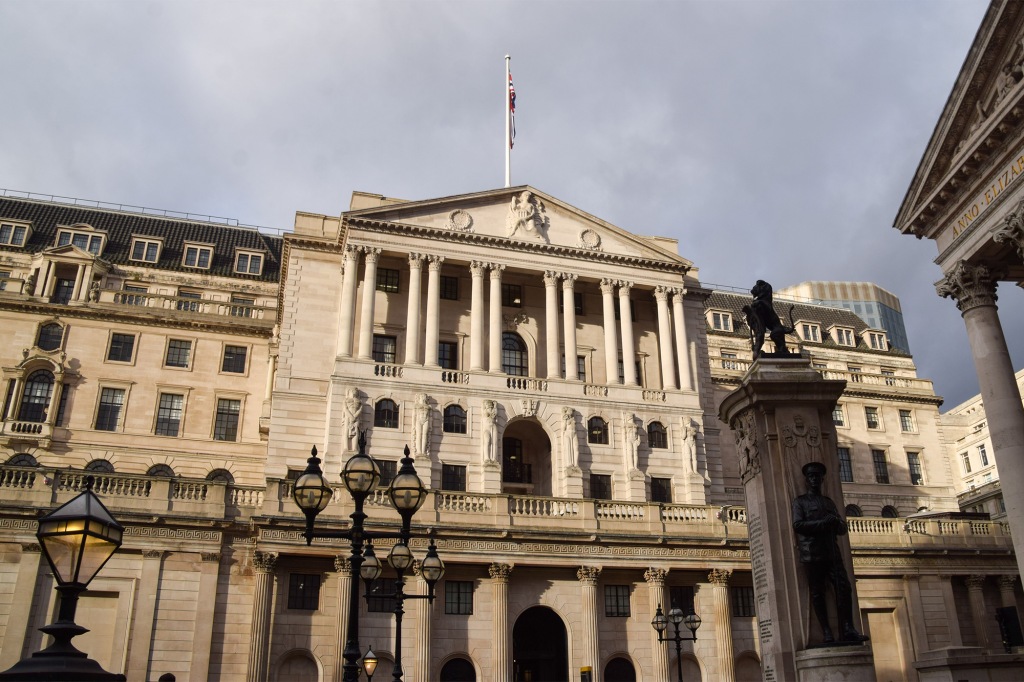Silicon Valley Bank’s failure is a warning for the Fed
Silicon Valley Bank could be a canary in a coal mine.
The California bank’s failure Friday shined a spotlight on the large losses that the whole banking system has seen on investments in bonds as a result of rising interest rates.
After having created a credit market bubble with its ultra-aggressive response to the COVID-induced recession, the Federal Reserve would be well advised to think carefully before continuing to slam the brakes as it tries to control inflation.
If not, we should brace ourselves for a hard economic landing as additional parts of the financial system start to break.
If ever the Fed created a US and world credit market bubble, it was in 2020 and 2021.
Not only did it keep rates near zero for far too long, it also flooded the market with liquidity by purchasing a staggering $4 trillion in US Treasury bonds and mortgage-backed securities.
Thanks to the easy terms, the world’s debt level soared to 350 percent of GDP.
That is around 50 percentage points higher than its level on the eve of the 2008-2009 Great Recession.
Particularly troubling is the fact that a large part of that debt went to borrowers of dubious ability to repay, including emerging market economies, already heavily indebted corporations, cryptocurrency exchanges and speculative tech startups.

As long as interest rates stayed low and the economy grew, weak borrowers were able to pay their debt.
But as the Fed raised rates by a cumulative 4 1/4 percentage points in the past year to deal with multi-decade high inflation, that environment changed.
And the Fed wasn’t alone, the world’s central banks also adopted more hawkish policy stances.
That exposed cracks in the world financial system from China, where Evergrande and 20 other property developers defaulted on their loans, to the UK, where the Bank of England had to intervene to prop up the country’s pension system.

Meanwhile, the World Bank is warning that we should brace ourselves for a wave of emerging market debt defaults as those countries deal with the Russian-induced food-and-energy price shock at the same time borrowing costs are rising.
All of this has to raise serious questions about the wisdom of the Fed’s newfound religion.
In its single-minded desire to regain inflation control, the Fed is overlooking domestic and global financial market fragility.
The string of recent credit events should be reminding the Fed that monetary policy overkill could set us up for another world economic and financial market crisis.
If that were to occur, inflation would be the least of our economic problems.
American Enterprise Institute senior fellow Desmond Lachman was a deputy director in the International Monetary Fund’s Policy Development and Review Department and the chief emerging market economic strategist at Salomon Smith Barney.
Read the full article Here


